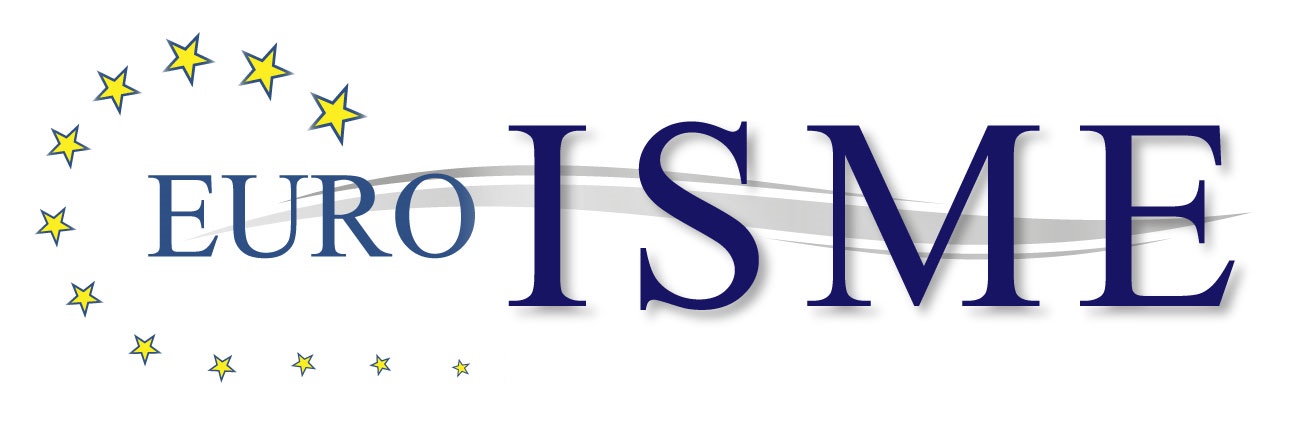Winning thesis – 1st Prize
Kiril Shtefchyk Tatarchuk (Ukraine). Russia’s war in Ukraine: a perspective from just war theory
EuroISME congratulates Kiril Shtefchyk Tatarchuk from Ukraine on winning first prize in EuroISME’s annual competition for the best student’s thesis (MA). He wrote his thesis at the General Gutiérrez Mellado University Institute in Madrid.
In his thesis, he focusses on: Russia’s annexation of Crimea, its intervention in the Donbass region of 2014, and Russia’s large-scale military aggression against Ukraine in February 2022. Moscow attempted to justify its actions with arguments akin to the Just War Tradition, including self-defence and humanitarian intervention. However, it is not enough to invoke a just cause; rather, the characteristics of the situation must meet the requirements established by the theory. Therefore, the aim of Mr. Tatarchuk’s study was to assess whether Russia’s armed aggression against Ukraine meets the just cause criteria established by Just War Theory.
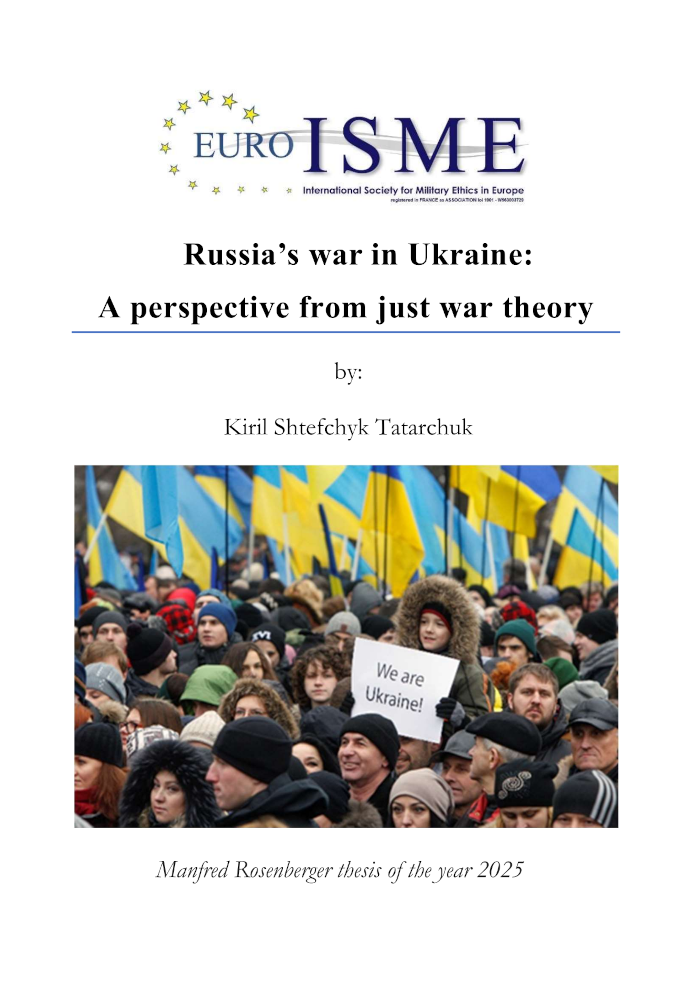
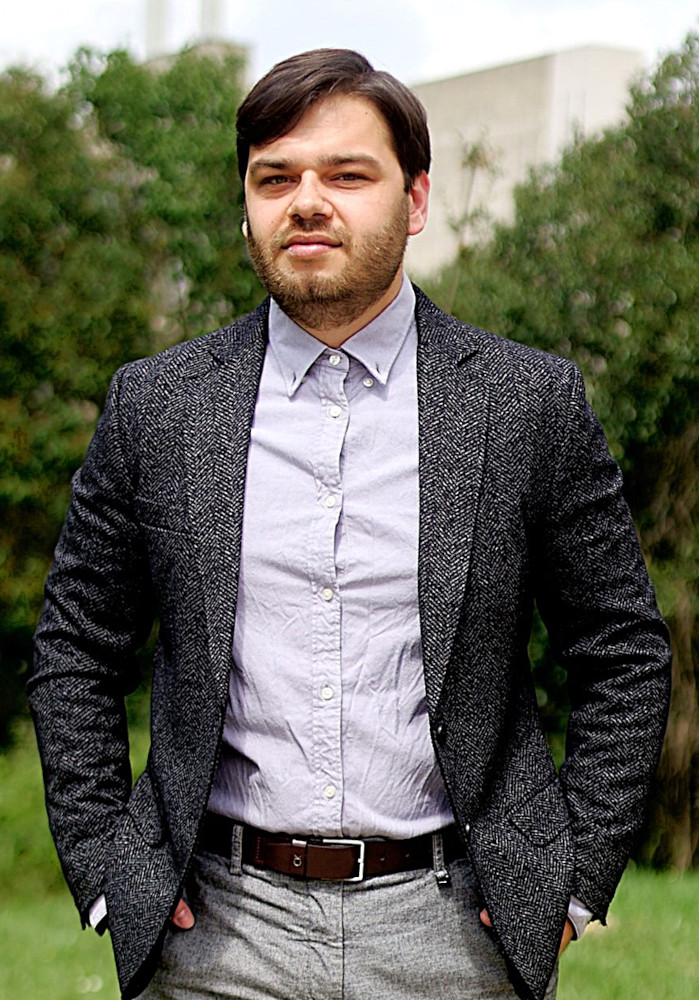
Laudatio
On behalf of the jury, the laudation was spoken by Maj.Gen. (ret) Juan Moliner Gonzalez. He noted that it was intriguing to see that aggressors usually try to make an instrumental use of the Just War Tradition; Russia’s attack on Ukraine is no exception. Indeed, governments, including those lacking democratic legitimacy, need to fabricate justifications for their military actions so that these actions are seemingly legitimate. This instrumentalization of the Just War Tradition is no reason to be condescending about the Just War Tradition, since it is the use of tradition that should be condemned, not the tradition itself. Neither the self-defense argument – Ukraine did not attack Russia’s territorial integrity or political sovereignty in 2014 nor in 2022 – nor the conditions for a preventive war are justified. The researcher has employed a qualitative methodology through a literature review. In terms of the sources used, the theoretical framework was developed from primary sources (sources from the warring parties), as well as secondary sources. General Moliner Gonzalez concluded by saying: “This work encourages the idea that the Just War Theory is still relevant and keeping pace in the current changing rules to order the international relations and the moral foundations of war. I congratulate and express my personal gratitude, and that of the jury, to Kiril Shtefchyk Tatarchuk for his Master thesis and this first prize he has won.”
- The winning thesis will be type-set and published on EuroISME’s website.
Winning thesis – 2nd Prize
Wing Commander Rebecca Woolley (UK). Killing, living with killing and moral injury. Do we do enough to prepare our warriors to kill and live with killing?
EuroISME congratulates Wing Commander Rebecca Woolley of the UK on winning second prize in the annual competition for the best European Masters thesis written on the ethics of war and peace. Her thesis focuses on the issue of moral injury of the operators of remotely piloted air systems and the way the Royal Air forces deals with it.
Operating a platform able to remain airborne for up to 20 hours, the Royal Air Force uses the Reaper to provide persistent close air-support to ground troops, a live visual intelligence feed and a precision guided strike capability. Geographical dislocation from the area of operations protects the lives of operators and reduces the need to place service personnel at risk in the delivery of targeting at close quarters. Yet whilst operating the capability from another country reduces risk to life and enables persistent ISR, there is an increasing belief that these ‘remote warriors’ remain at risk of battle injury, that of moral injury. Crews can watch potential targets for days, observing their daily pattern of life, interactions with their families and significant life-events as part of the ISR required to inform the decision to kill. Operators can become intimately familiar with deeply personal aspects of lives that they may then terminate. Post-killing, crews can witness the impact a strike has had on a target’s family, triggering an emotional response to killing unique to the operators. Woolley’s winning thesis seeks to demonstrate that the RAF is not doing enough to protect RPAS operators from the long-term effects of the killing they perform in the line of duty.
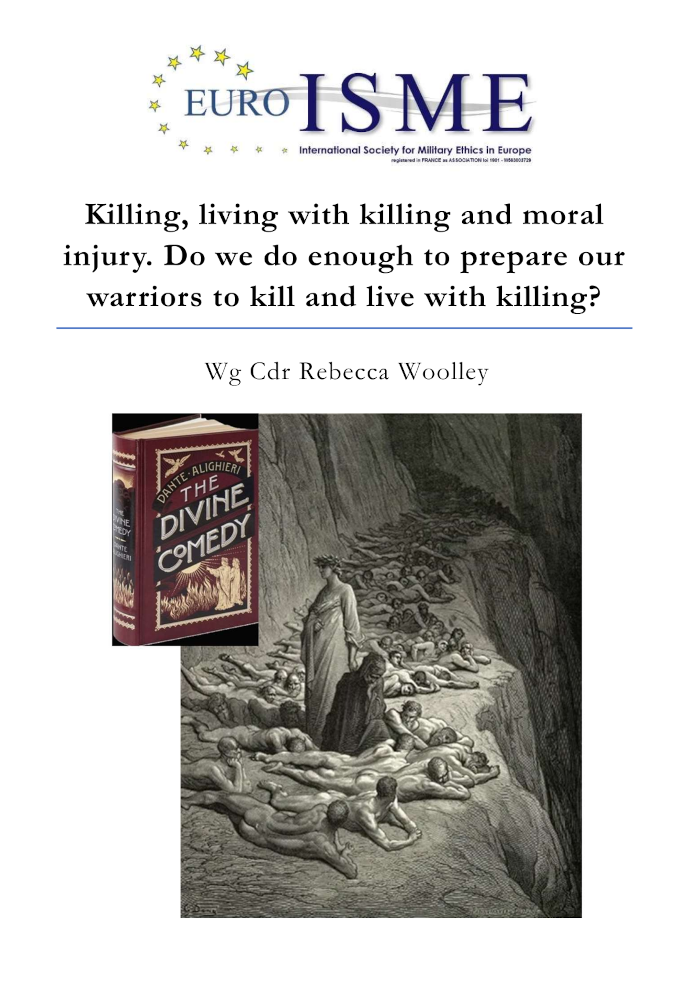
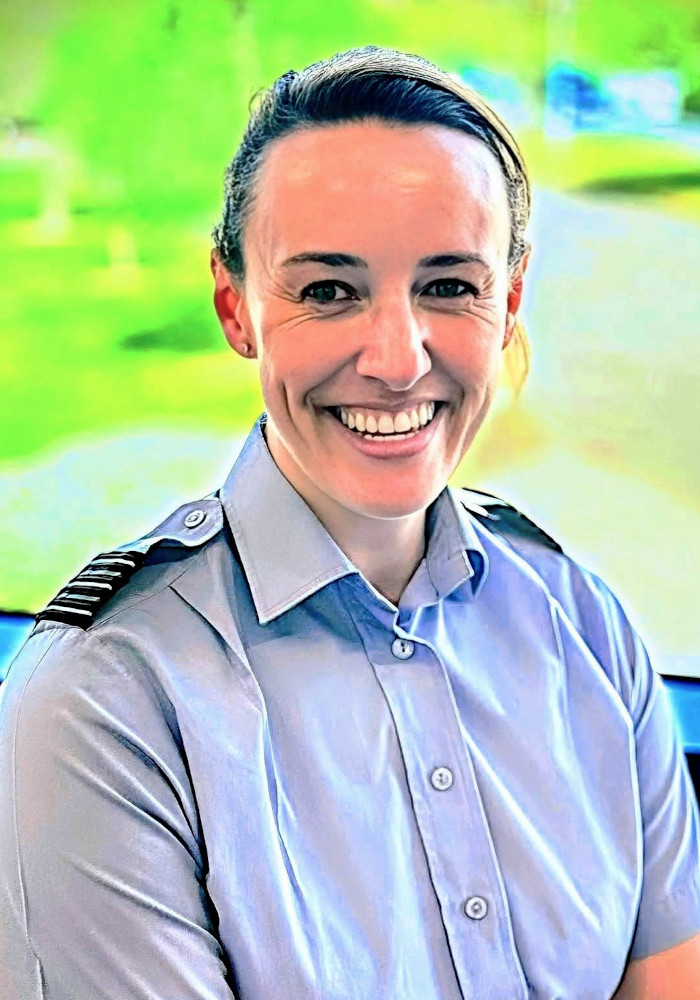
Laudatio
On behalf of the jury, the laudation was spoken by senior chaplain Dr. Janne Aalto. “The thesis combines our current knowledge of moral distress and moral injury,” Aalto noted, “with the operators of a type of weapon – in this case the Royal Air Force's RPAS (Remotely Piloted Air Systems) – and their experience of killing in their missions and the normalisation of killing. The thesis combines these three components in a way that makes it useful reading for anyone involved in military training. Not just scholars and teachers of military ethics.
As scholars and teachers of military ethics, we are familiar - at least I am - with the request. ‘Give answers. Not just new questions.’ In this field, however, there are rarely clear answers. This is also true of Rebecca Woolley’s thesis,” Aalto added, “Except for one thing – the answer to the question of whether we prepare our soldiers sufficiently for the moral burden of killing. The answer to that question is a resounding no. No, we don't. Otherwise, the thesis refrains from providing clear answers and guidance to difficult and complex questions. That is one of its strengths. It asks questions that cannot be answered without making the answers trivial in practical life. How do you train a soldier to face death and killing so that he does not become a murderer? Does the soldier have to put himself in danger to feel like a real soldier? What is the difference between a soldier and a killer? How do you prevent moral damage without removing morality and humanity from the military? Wing Commander Wolley raises issues such as those above, which the military community tends to keep quiet about because of their complex nature.”
- The winning thesis will be type-set and published on EuroISME’s website.
New name of the prize
During the prize ceremony, it was also announced that EuroISME’s Board of Directors has decided to change the name of the students’ prize in order to commemorate the passing of one of its founders, Col. (ret.) Manfred Rosenberger. In order to mark the occasion, Manfred’s son Malte Rosenberger took part in the prize ceremony. In the future the prize will be known as the Manfred Rosenberger prize for military ethics.
